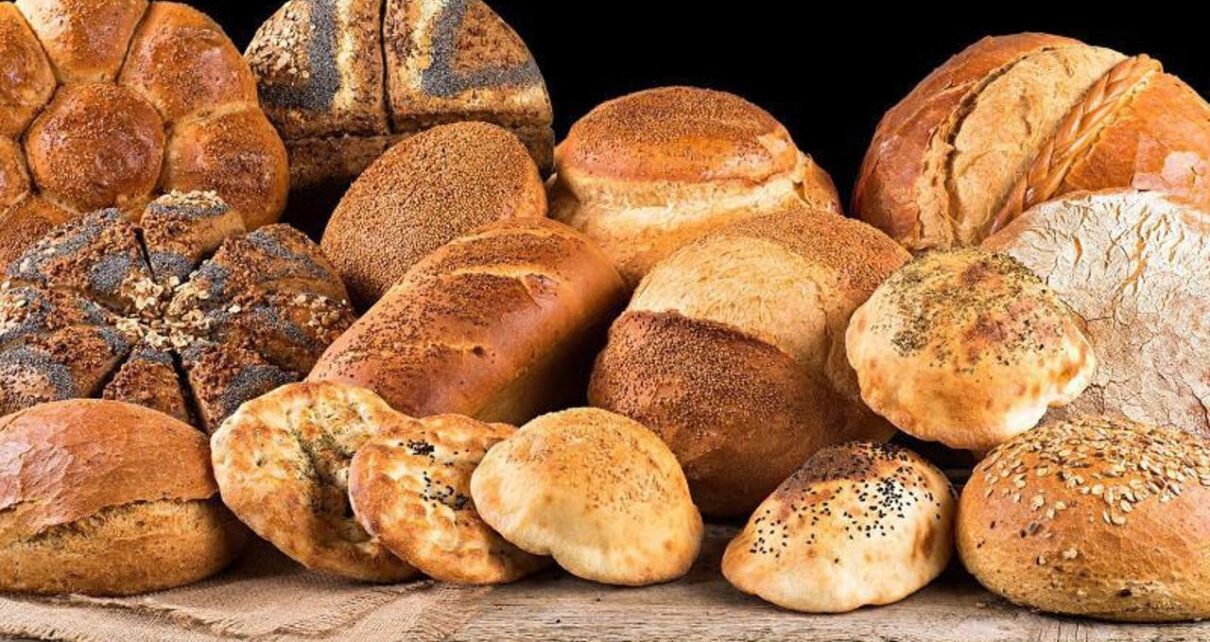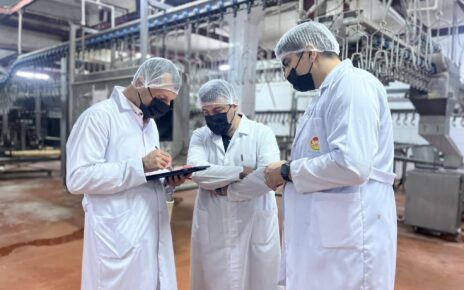Dr. Hüseyin Kâmi BÜYÜKÖZER
As a TUSAF follower, GİMDES is honored to stand alongside these powerful industry organizations that not only contribute to our national food security but also support inclusive supply chains.
Bread is simple yet essential, a vital part of our daily livelihood. Total bread production in Türkiye is 25,000 tons per day (9.2 million tons per year). 101 million loaves per day (37 billion loaves per year).
This consistency, scale, and reliability are truly remarkable in a world where food shortages have historically led to revolutions. Despite socioeconomic pressures, our country has never experienced a nationwide bread-related disaster.
Behind this effort lies not only automation or economics… but also ethics and compliance. Many of these bakeries are Halal certified, reflecting the deep respect for the nutritional needs of our diverse communities and underscoring the role that Halal assurance plays in modern food production.
THE IMPORTANCE OF HALAL AND TAYYIB FACTORS IN BREAD PRODUCTION
At first glance, bread may seem too simple for Halal inspection and certification. However, modern commercial baking has introduced complex layers of ingredients, ranging from enzymes, emulsifiers, dough improvers, and colorants to coatings and glazes, some of which may be derived from animal or alcohol-based sources. Even ingredients such as L-cysteine derived from human hair or animal fat-based lubricants raise serious concerns for many consumers.
GIMDES’s mission is to investigate and clarify the source of these ingredients and production processes, thereby providing compliance assurance to both the industry and consumers. Our regulatory service ensures that bakeries not only meet food safety and hygiene technical standards, but also meet Halal food production requirements.
GIMDES currently certifies approximately 350 businesses, including bakeries, flour mills, vegetable oil and fat producers, ingredient suppliers, snack manufacturers, and confectioners. All of these businesses play a critical role in maintaining a seamless chain of trust from raw material selection to the finished product on store shelves.
Given the significant Muslim identity of their target audience, industry players must recognize the importance of adhering to reputable Halal and Tayyib certification guidelines in their operations.
A key point in this regard is undoubtedly the need to protect the rights of Muslim consumers, who, due to their beliefs, must adhere to Halal and Tayyib criteria in their consumption.





